Climate
-
 Tech
TechIs weather control a dream or nightmare?
Weather control is largely fiction for now, although people are unintentionally changing their weather. And that might not be a good thing.
-
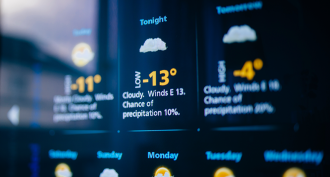 Science & Society
Science & SocietyExplainer: Weather and weather prediction
The sun and Earth combine to create the planet’s weather systems. And science is getting good at predicting what they’ll do.
-
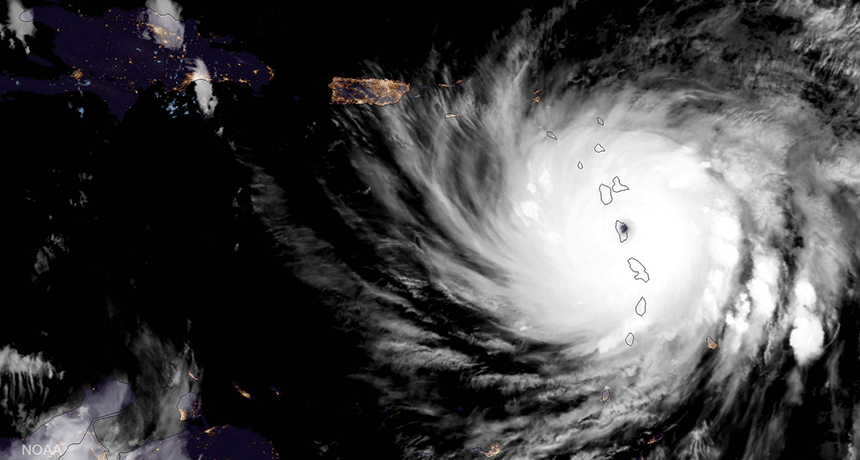 Climate
ClimateDid Maria set another U.S. rainfall record?
Weather scientists are investigating whether Maria set another U.S. record for flooding rainfalls.
-
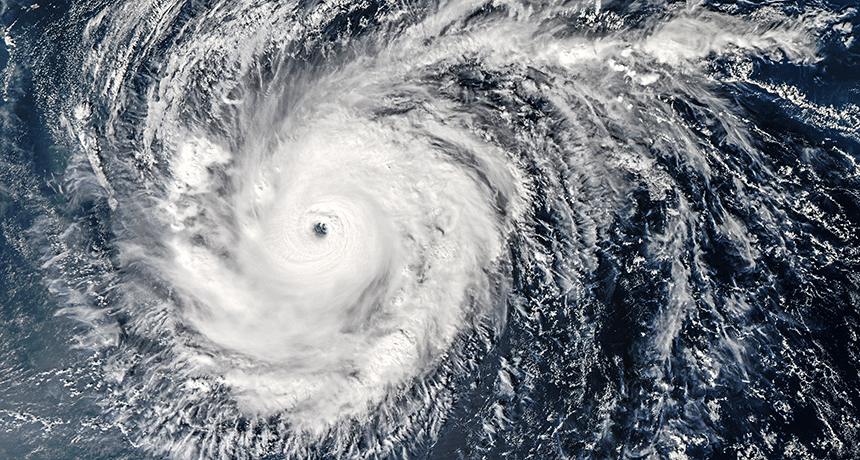 Climate
ClimateScientists Say: Weather bomb
Weather doesn’t just affect the air. Huge storms can send waves of pressure through the Earth as well.
-
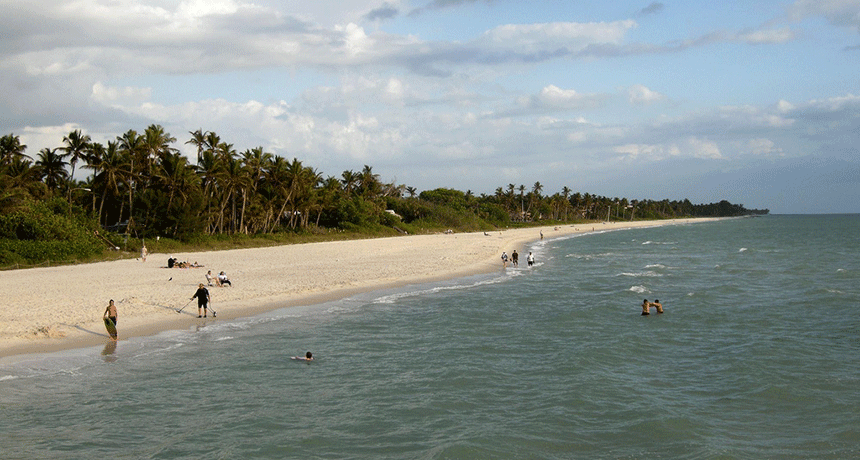 Climate
ClimateHere’s why Irma caused some coastal water to temporarily go missing
The first sign of an impending storm surge — and serious danger — may be the sudden, wholesale retreat of water from coastal beaches.
-
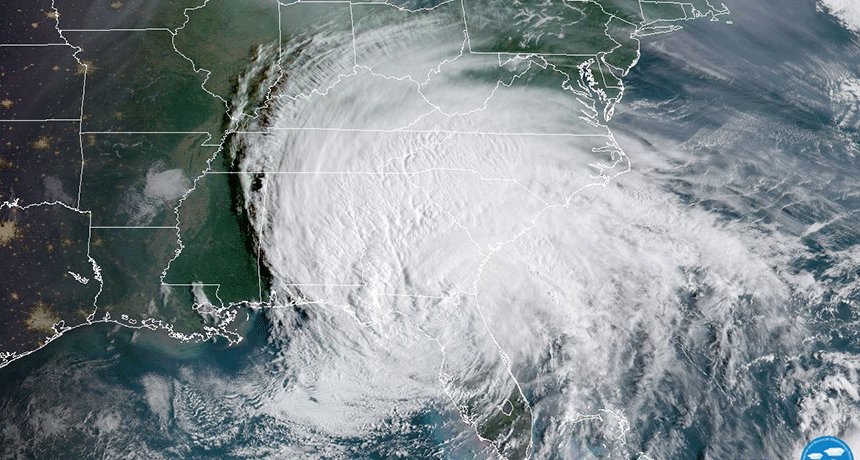 Climate
ClimateFive portraits of Hurricane Irma’s record-breaking fury
A series of remarkable images capture Hurricane Irma’s power and might — and the lessons they can teach scientists.
-
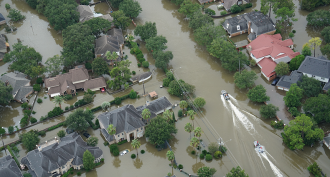 Climate
ClimatePicturing how many Great Salt Lakes Harvey dropped onto Texas
Harvey’s astounding rainfall shattered records. The numbers are so high that it can be tough to picture what they mean. Here we give it a try.
-
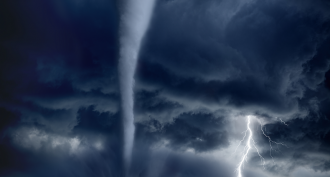 Climate
ClimateHurricane Harvey proved to be a tornado master
Harvey and other hurricanes have spawned tornadoes — sometimes by the dozens. And these tropical cyclones don’t need the typical recipe to spin those twisters loose.
-
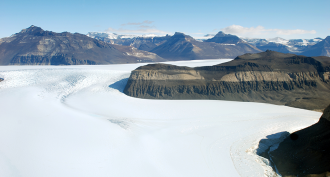 Microbes
MicrobesUnder Antarctic ice, microbes gobble up greenhouse gas
In a lake far beneath the Antarctic ice sheet, scientists have found bacteria that eat methane, a powerful greenhouse gas.
By Ilima Loomis -
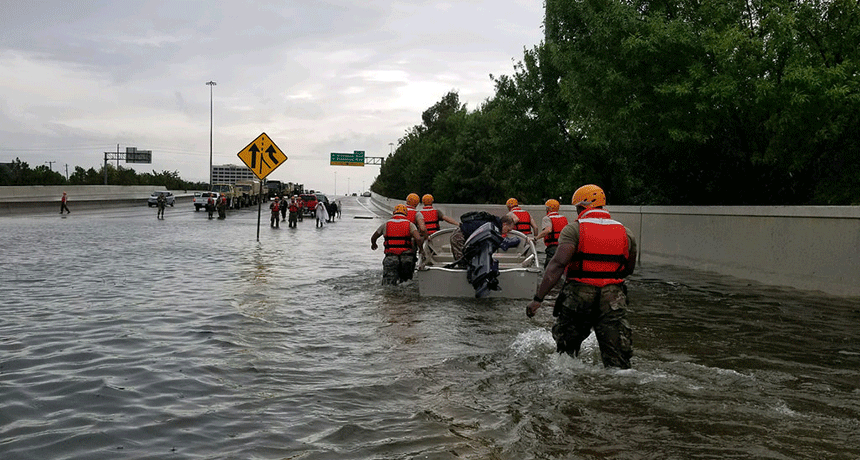 Climate
ClimateHurricane Harvey’s rains set U.S. record
Here are some of the issues that made this storm such an epic rainfall-producer, and why storms like it could become more common.
-
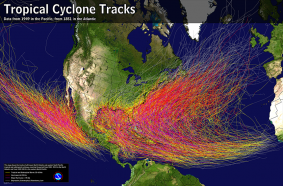 Science & Society
Science & SocietyAnalyze This: Seasonal hurricane costs have been rising sharply
Scientists study past hurricanes to help them predict future risks. Better predictions can help communities prepare for monster storms.
-
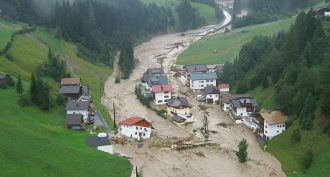 Climate
ClimateClimate change is shifting when Europe’s rivers flood
Climate change has been shifting when European rivers flood by weeks or even months. This is likely to have been impacts on cities, farms and ecosystems.